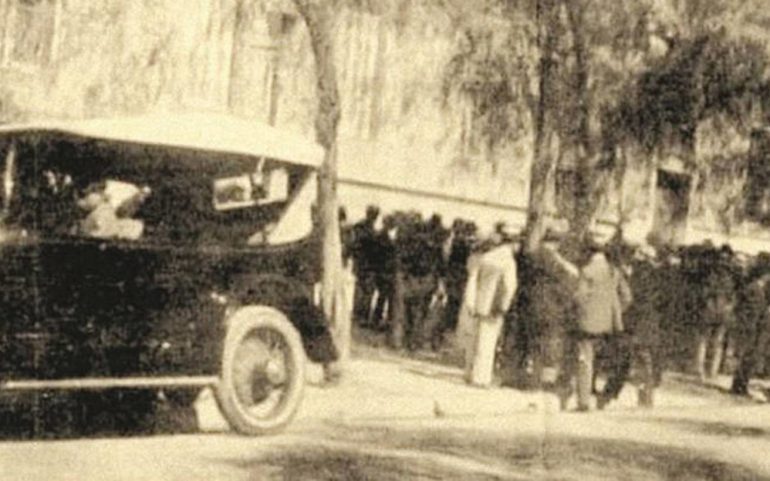If one does not know what happened at least twenty-four hours earlier, one will not understand the reasons for the murder of the 42-year-old anti-Venezuelan politician and diplomat. Iona Dragoumi in Athens.
What had happened a day earlier? Attempt murder against Prime Minister Eleftherios Venizelos in France.
On July 30, 1920, the experienced Cretan politician had just entered the Gare de Lyon train station in Paris, in order to take the train that would take him to Marseilles and from there by ship he would return to Greece as a triumphant of the Treaty of Sevres. sign just before. While he was boarding, two strangers shot him ten times!
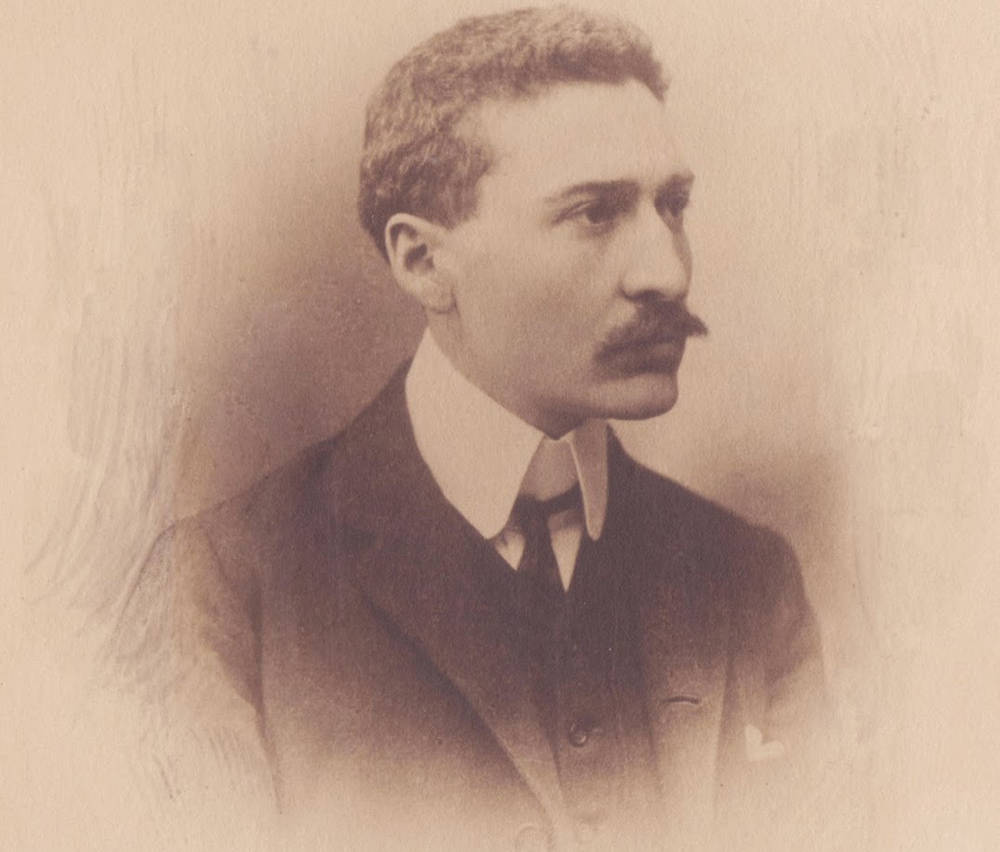
Luckily for him he escaped with only a slight injury to his shoulder and a little further down his arm. The perpetrators are arrested on the spot and it is found that they are Greek, regal disobedient army officers. Lieutenant Apostolos Tserepis and Lieutenant George Kyriakis.
Both declare allegiance to King Constantine I of Greece, who has been at odds with the elected prime minister since 1915 over Greece's entry or non-entry into World War I, which began in 1914 and ended in 1918.
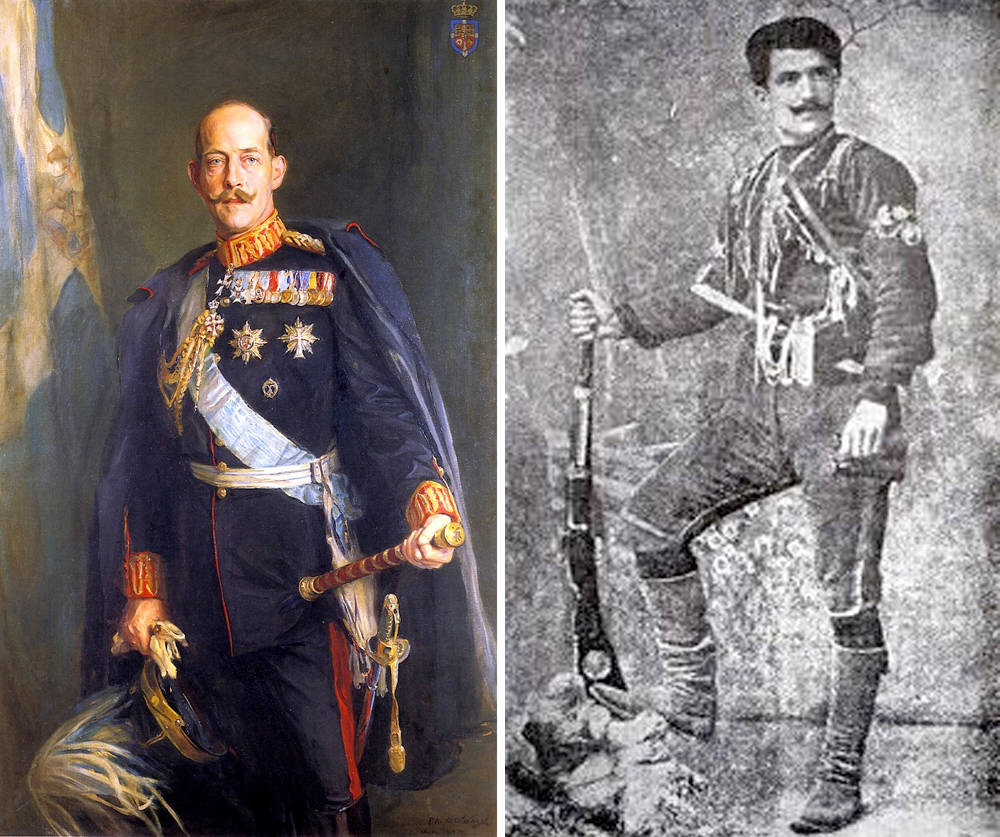
The far-sighted Eleftherios Venizelos argued that Greece's entry into the war, and in particular the Anglo-French camp of Entente, served our national interests as he estimated that in the end they would win and therefore we would have territorial benefits. On the contrary, the monarch considered that the exercise of foreign policy was a privilege of the Crown and that Greece should remain neutral, something that practically served the interests of the rival Central Powers, namely Germany, Austria-Hungary, the Ottoman Empire and the North.
The opposition of the two institutional poles led the country to an unprecedented National Divide leading to the hatred of the Greeks who were in favor of one side or the other. It was precisely this envy that had "armed" the hand of Venizelos' would-be assassins in Paris. In fact, in the trial that will follow, he will leave clear hints that King Constantine I, exiled since 1917, is behind the heinous act.
Because the news was not circulating very quickly at that time, the assassination attempt against Venizelos will be known in Athens the next day. At noon on July 31, 1920, there was confusing information with some even talking about the death of the prime minister. Anger and sadness occupy his followers.
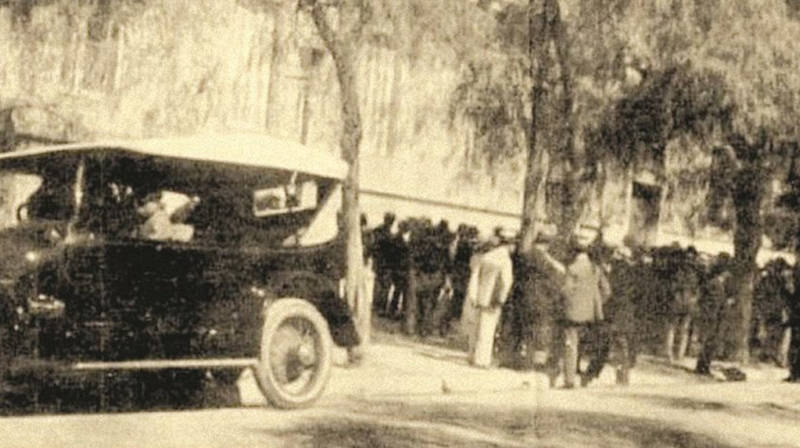
The rumor that "Venizelos was killed in Paris" will act as a spark that in a few minutes will blow up the artificial normalcy. A crowd of pro-Venezuelans pours into the streets and erupts in anger at whoever is in front of them and has made the mistake of standing up from time to time against their leader. They break the offices of anti-Venezuelan newspapers such as "Kathimerini", "Rizospastis", "Politia", "Skrip" and "Esperini", destroy cafes, patisseries and various other shops belonging to owners of opposing political ideologies. They belonged to the "United Opposition" (it was the coalition of patriotic, conservative and pro-monarchist parties that opposed Venizelos' "Liberal Party") and almost completely destroyed the house of the former prime minister in the period 1915-1916, Stefanos Skouloudis.
The beatings and violence lasted for seven hours, from 12:00 noon to 19:00 in the afternoon, when a eulogy for the salvation of Venizelos began at the Athens Metropolitan Church. In the meantime, however, evil had done.
At the time of the riots, Ionas Dragoumis was at the theater of his partner, the renowned actress Marikas Kotopouli which was also anti-Venezuelan.
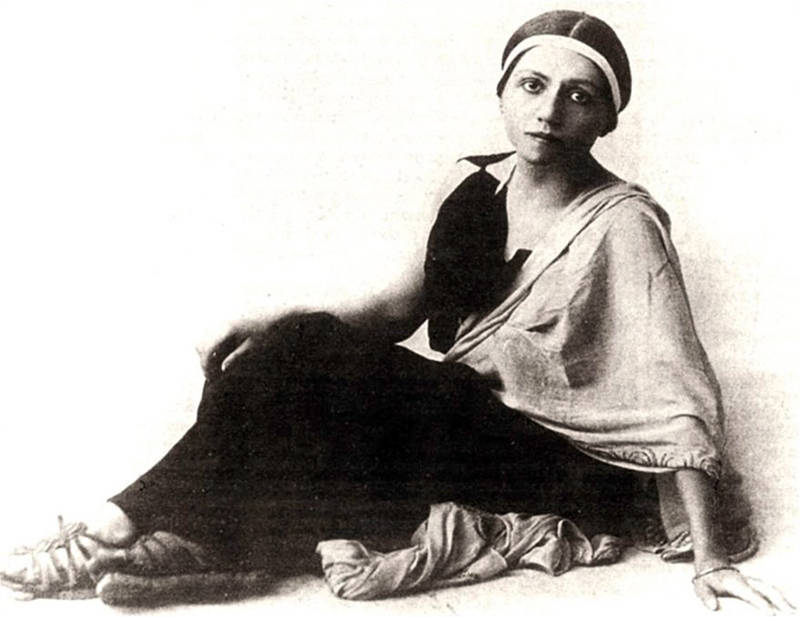
Listening to the voices, the performer stops the rehearsal. The couple runs fast to their car, a small Ford, and start for their home in Kifissia. They will arrive with difficulty, since the armed men of the Venizelos guard have set up a roadblock.
Dragoumis at this point makes the fatal mistake. Instead of staying at home, he decides to leave Kotopouli and go down to Athens again. Kotopouli is afraid that something will happen to him and offers to wait until the riots stop, but she does not listen to her. An earlier investigation by the late journalist Freddy Germanos shows that Ionas wanted to go to the offices of the "Political Review" magazine he published to write an article condemning the assassination attempt on Venizelos, estimating that in this way the wave of violence would subside somewhat.
The young son of the former prime minister Stefanos Dragoumis goes down to Kifissia again undisturbed just before three in the afternoon. At the height of Ampelokipi, however, just before the intersection with today's Alexandras Avenue, where the central church of Agios Nikolaos with the hemispherical dome is located, in the former Thon estate, a group of armed members of the Democratic Security Battalions, a special protection corps, stops it. Venizelou, who is under the administration of Pavlos Gryparis, the Prime Minister's personal bodyguard.
They hit him in the face and forcibly took him to the nearby camp of the battalion.
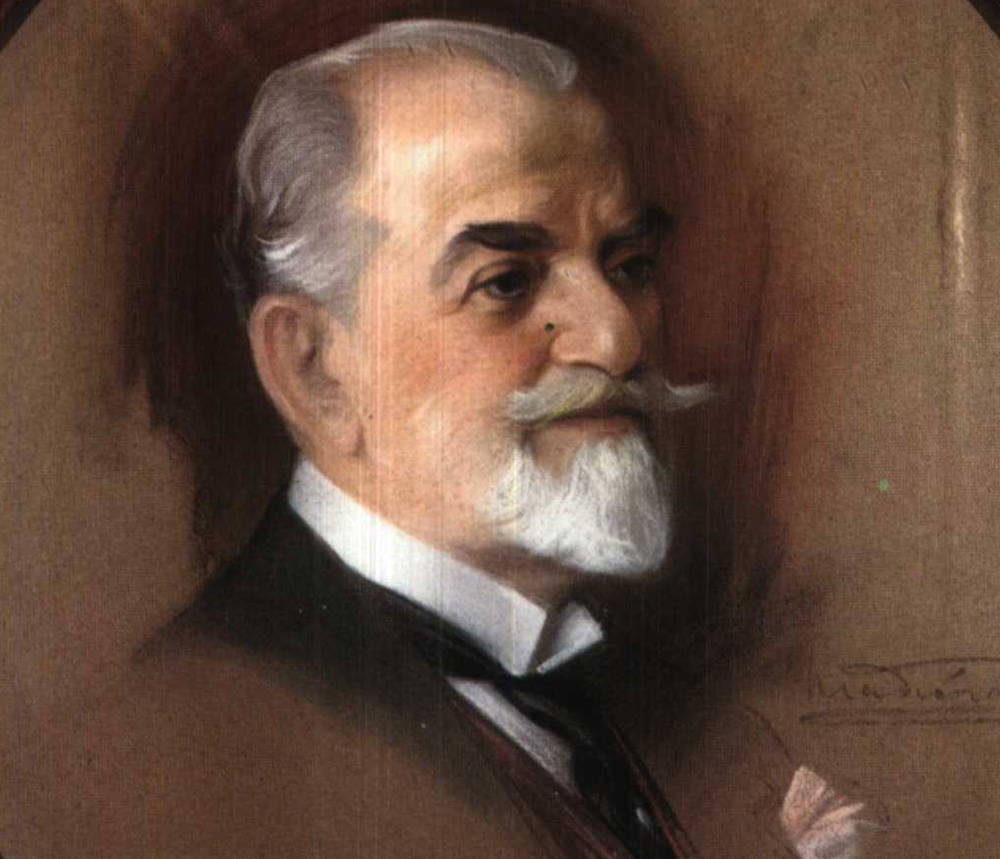
There he will meet two familiar faces. The very commander Pavlos Gryparis with whom they have known since the time of the Macedonian Struggle and the businessman, former minister and personal friend of Venizelos, Emmanuel Benakis. Dragoumis knew the second from the time he was a diplomat at the Greek consulate in Alexandria as they were both employed in the coastal city of Egypt. In fact, the young man then had an intense love affair with the married daughter of the businessman, the renowned author Penelope Delta, something that of course did not like at all her father who had put him in the eye.
The commander orders 8 hoplites to walk Dragoumis to the Guardhouse. The head of the procession is a sergeant. During the march, a colleague hurried towards him and whispered in his ear not to take the prisoner to the Guard, but to execute him on the spot. The leader of the procession stops and points to the soldiers. "Here here"! Dragoumis, wearing an all-white suit, tries to understand what is happening. He does not think that they want to kill him. But on the other hand, the movements of the hoplites are not auspicious.
The command is executed without hesitation. The soldiers take four steps back and fill his body with bullets. He did not resist at all. He did not even try to escape. The first bullet shook him and forced him to turn around, with the result that he accepted the rest from behind. "Five to six injuries were found from behind," said a report by the paramedic who will examine his body at the military hospital.
A Russian colonel named Igor Lebediev happens to see the whole scene in front of him while he was waiting for the tram. His testimony was captured by the pro-monarchist newspaper "Scrip". As the foreign officer will typically say, "around the 4th afternoon, a group of three or four people waited for the arrival of the tram, despite the corner of Kifissias Avenue and Ioannou Papadiamantopoulou Street, near No. 907 pole of electric wires.
My attention was drawn to a group of military agents accompanied by a citizen of good presentation and walking with great dignity. To his right and to his left, two soldiers were marching, and ten other soldiers were said to be close by. Everyone carried rifles.
As soon as the excerpt approached the No. 905 pillar of the tram, changed direction to the left and stopped near the sidewalk, leaving the captive citizen on the sidewalk, at a distance of about four steps. The soldiers, after stopping, fired: about ten shots were fired at them. No orders were heard. The shot citizen fell breathless, without shouting, without saying what ".
The pro-Venezuelan newspapers, for their part, presented a different version. "Empros" writes: "According to official information, the death of Ioannos Dragoumis took place as follows: Returning from Kifissia by car, where Katian information had accompanied Marika Kotopouli, and while passing through Ampelokipi, near Ampelokipi. group of citizens, threatening to lynch him. A patrol of soldiers of the Security Battalion rushed to his rescue. The first to be approached by the soldiers, Dragoumis tried to shoot with a pistol, but the overtaking soldier shot him. A few minutes later he was transferred to the Second Military Hospital and died. From there he was transferred to the Cemetery ".
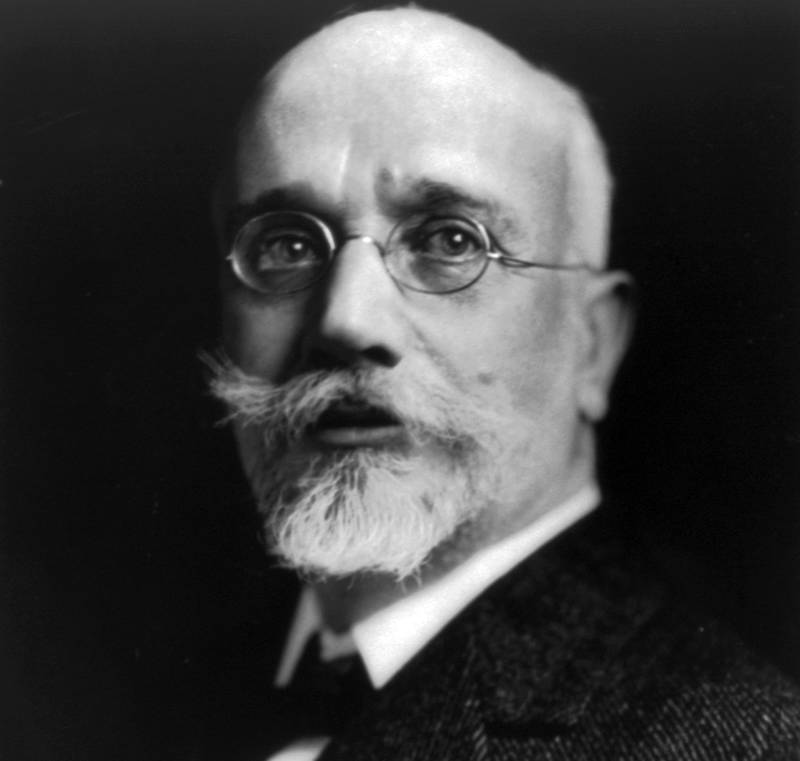
The funeral of Ionas Dragoumis, one of the 16 leaders of the "United Opposition" party who signed the literary texts under the pseudonym "Idas", will take place very early the next morning and in the presence of only his close relatives, in order to avoid episodes. Eleftherios himself Venizelos, who is still recovering in Paris, as soon as he is informed about the murder, he hurries to send a condolence telegram to the father of the deceased. "I mourn after the most painful emotion the accident that afflicts you and I ask you, as well as your family, to accept the expression of my deepest sympathy. I can not forget the wonderful service that your son offered from his youth to the Homeland. It has always nurtured the hope that in the future it would be possible to provide even more painstakingly. "His horrible death plunges me into sorrow," he will write.
Immediately after the murder, the eight hoplites of the executive detachment will flee and according to the subsequent testimony of one of them, they were hiding in the village of their commander Pavlos Gyparis, in Asi Gonia of Chania, Crete. Nevertheless, the guilty will be tried and convicted, remaining in prison until 1924 when they were granted amnesty.
But who is ultimately responsible for Dragoumi's murder? One of the victim's sisters testified that on the day of the funeral, Gyparis found an eyewitness to the execution, the worker Kyriakos Koulis, and asked him to tell the authorities that Dragoumis resisted and that is why he was killed. "Do not say anything other than what you saw, because you will take innocent people by the throat" Did he want to cover his hoplites, himself, Emmanuel Benakis or all together?
In a testimony to be given by Pavlos Gyparis fifteen years later, as a participant in the failed Movement of 1935 (made with Venizelos' tolerance to prevent the restoration of the reigning democracy), he will state that the one who asked for Dragoumis to be executed was Emmanou Benakis.
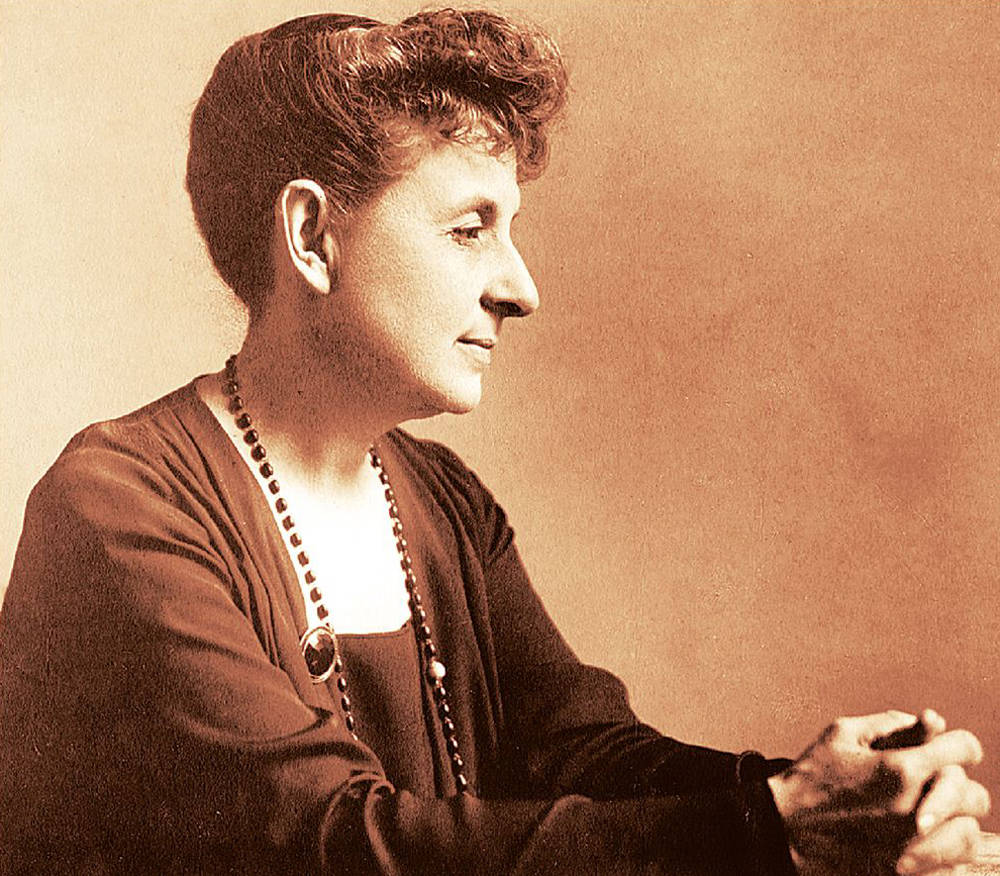
Before we look at what he said verbatim in court, we open a short parenthesis in order to have a more comprehensive view of the well-known businessman whose name has been given to a street in the capital - and beyond. When Dragoumis was appointed First Secretary at the Consulate General of Alexandria in 1905, he became friendly with his native, Penelope Delta, daughter of Emmanuel Benakis, who had married since 1895 the rich Phanariot merchant Stefanos Delta.
However, she liked the company of Dragoumi with whom they had many common interests. They were both romantic, they liked to talk about literary issues, identifying with the populists and the friendship soon developed into an erotic attraction that seems to have remained unfinished. However, Penelope Delta was thinking very seriously about leaving her family and living with her lover, but something she did not do. "She says she is mine forever and hurts to the death," Dragoumis will write in his diary on January 18, 1908. However, it is difficult for her to take the big step, fearing, among other things, the social outcry and reaction of her father.
The love of the two young people had been learned and discussed in the aristocratic salons. They are forced to end the romance. From the moment they divorced, Penelope Delta continued to wear black clothes and did not take them off until April 27, 1941, when she committed suicide when the Germans entered Athens. Realizing the feelings of the illegitimate couple, we close the parenthesis and go back to the testimony of Gyparis, who considers Penelope Delta's father, Emmanuel Benakis, as responsible for the execution.
He will characteristically state: "[…] A telegram arrived that an attempt was made against Venizelos in Lyon. I had a telegram that his life was not in danger. […] I started and returned to the battalion, when outside I saw a car stopped and people gathered around and raging. With the pistol in my hand I opened the way and went close. Ion Dragoumis was inside the car. I picked him up and drove him inside and made a phone call to the Guards to send him there as I had sent the others who had been arrested. When the detachment that would accompany him was formed, and he received it, a large gentleman appeared and shouted to them: “Kill him! "What are you keeping?" I must tell you that he was a man of great influence and he was very popular, because Venizelos always lived in his house in Kifissian. And the soldiers obeyed him. And the accident happened.
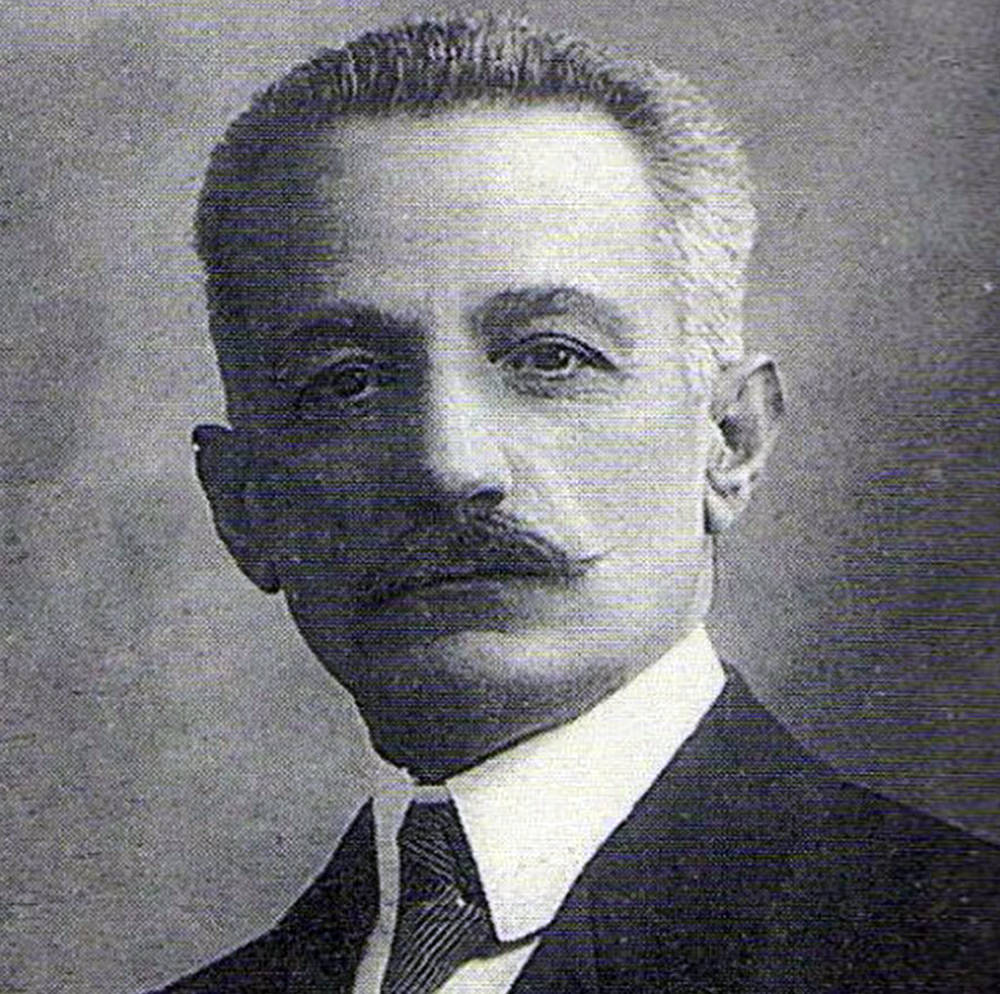
The soldiers did not dare to approach the battalion after their act, because they learned that I was outraged, but they sent me another soldier. "Go," I said, "and tell your superiors to come here." But they did not come even then. They went to Mr. Hein in Kifissian, who gave them 20.000 drachmas, promised them to intervene with Venizelos so that they would not be punished and sent them to Egypt. However, they did not keep their word and were not sent to Egypt and the soldiers went to Crete, where they were fleeing. I sent a detachment to Crete with an officer in charge, who found them and arrested them, brought them to the battalion and handed them over at first.
In 1920 after November 1, while I was leaving for France, the soldiers were tried and told who had submitted to kill Dragoumis. I was then far from Greece and the soldiers were not under my influence. If I had put them to kill Dragoumis, they would have said so at their trial. I must also tell you, gentlemen of the military, that on the day that Dragoumis was killed, I got in the car to go to Kifissia to kill Mr. Ikonon. But all the officers of the battalion fell and held me. When Venizelos came I went and told him that I would make a post to reveal Mr. He, but Venizelos told me: "Leave, it does not matter". "Since then, the outcry against me was born and that is why I published a letter in the Greek newspaper" Mellon "in Paris and I wanted to send it to the Athenian newspaper, but again Venizelos blocked me…".
* Georgios Sarris is a journalist - member of ESIEA, honored with the Ath. Botsis Award for the objective and complete presentation of historical political issues.
